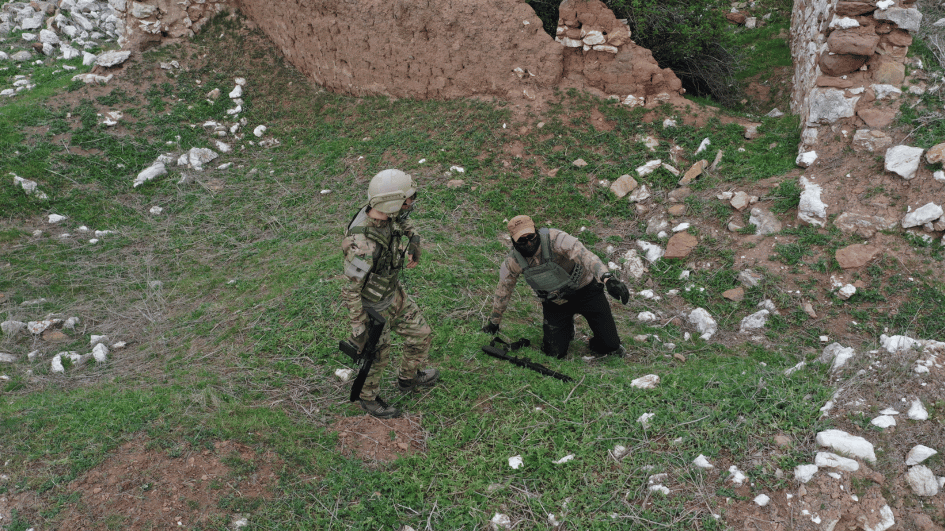America’s Asia Tilt
ALISTAIR BURNETT
Media coverage of President Barack Obama’s high-profile visit to Australia and plan to boost US presence in Asia may mask America’s shrinking global footprint. The combination of concern over China and the US debt crisis could set Washington on a course to becoming a mere regional power in the Asia Pacific.According to a report by the London-based International Institute of Strategic Studies, defence spending is rising in Asia – much of it driven by China, which accounts for 30 per cent of the region’s military budget – and falling in Europe and US. The think tank attributes the trends to economic growth in Asia and what it calls strategic uncertainty. And that uncertainty has provided the US with a tempting opportunity to reassert itself in the region while cutting back elsewhere.
Last November, the Hawaiian-born Obama announced what his administration is calling a pivot towards Asia, representing a significant shift in policy since he took office. The change is driven by changing perceptions of Chinese power, but it’s also partly a result of diminishing US financial clout. Although Washington insists it will retain military superiority, the pivot could well mark the beginning of a geopolitical shift that ends up with the US being predominantly a regional power in the Asia-Pacific.
In the early days of his administration, Obama went out of his way to avoid offending China. On his first visit to the country, he took a lot of flak from political supporters as well as opponents and human rights groups for toning down criticism of China’s human-rights record. Then in July 2010, US Secretary of State Hillary Clinton challenged China’s territorial claims to the South China Sea, stating that the US had a national interest in freedom of navigation there.
Chinese officials interpreted Clinton’s comments as hostile, and the Foreign Ministry in Beijing accused the US of virtually attacking China.
In November last year Clinton formalised the policy shift in an essay for Foreign Policy, stating that the US would pivot towards Asia.
The administration has clearly decided going easy on Beijing was yielding no results and sees China’s growing military power in East Asia as a threat to US influence in the region, which went largely unchallenged since the end of the Korean War. Following Clinton’s article was Obama’s visit to Australia and his announcement that 2,500 US Marines would be deployed to a new base near Darwin.
In terms of concentrating military and diplomatic effort where most needed to preserve US influence, this makes strategic sense for Washington. China is regarded as the only country likely to rival the US for military and economic power in the next few decades. Chinese defence spending is increasing by over 10 per cent a year, and if the US wants to contain Beijing, it calculates that’s best done close to China’s borders and coasts. On top of this, two of the world’s potential flashpoints are on China’s frontiers, the Korean Peninsula and the South China Sea. But this new focus on Asia and promise to reinforce US military forces in the region are planned at the same time as growing debt mandates steep reductions in the Pentagon’s spending, equipment and manpower. Defence Secretary Leon Panetta has proposed reducing personnel by 100,000, cutting new spy planes and transport aircraft, and slowing spending on the new Joint Strike Fighter.
So, it seems inevitable the pivot will mean reduced military commitment in Europe and other parts of the world. The US is already planning to withdraw two combat brigades from Europe and trying to encourage its NATO allies to pick up the slack. The nascent Africa Command, Africom, could have its budget cut as well.
In explaining the pivot to the Asia-Pacific in a speech to the Australian parliament last November, Obama said the US was winding down its military commitments in Iraq, after US combat troops left in late 2011, and Afghanistan, from which the US plans to have withdrawn all but trainers and advisers within the next two years, to focus further east. But even if Obama ends up sending forces into action again next door in Iran, that would most likely delay, rather than derail, the shift in focus to the Asia-Pacific, given the strategic consensus in Washington that China is its main challenger.
The Obama administration insists the US will maintain its worldwide military reach. However, while no American leader is likely to take the political risk of declaring that the US is no longer a global power, Washington could well be on a course to becoming a de facto regional power in the Asia-Pacific simply because it cannot afford to contain a growing China and maintain a global military presence.
Alistair Burnett is the editor of The World Tonight, a BBC News programme. This abridged article was originally publibhed in Khaleej Times online.











